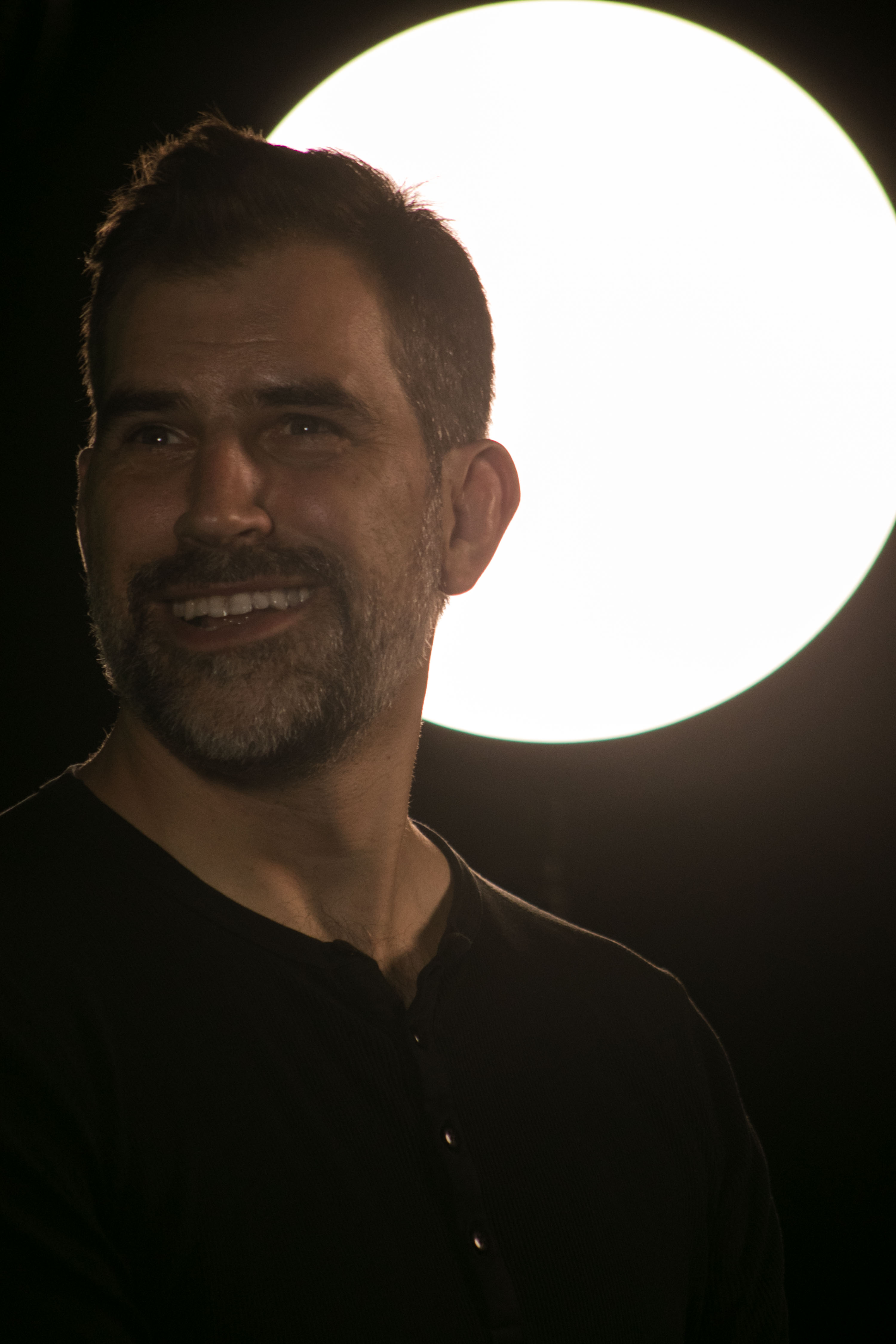There is a lot of talk in leadership circles about your company’s values and beliefs. Or as Simon Sinek puts it, your “why”. Recent events with Covid-19 are showing how companies whose “why” is merely profit, are now suffering in the ever growing court of public opinion.
A company is a family, and your employees should be looked after as such. If their “why” is inline with the companies, great things will happen.
But why is this important?
A UK survey showed that 37 per cent of people did not believe their job made “a meaningful contribution to the world”.
Which brings us to Sisyphus. In the myth he was a cunning king that tricked death several times. As punishment Zeus, the King Of The Gods cursed him for eternity.
Then I witnessed the torture of Sisyphus, as he wrestled with a huge rock with both hands. Bracing himself and thrusting with hands and feet he pushed the boulder uphill to the top. But every time, as he was about to send it toppling over the crest, its sheer weight turned it back, and once again towards the plain the pitiless rock rolled down. So once more he had to wrestle with the thing and push it up, while the sweat poured from his limbs and the dust rose high above his head. (Odyssey, Book 11:593)
In modern terms we can think of him as attempting to break out of the Matrix, Platos Cave, or Peter Gibbons rebelling against the 9–5 monotony of working in an office space.
From the outside we can see the unhappiness and lack of meaning in the task Sisyphus is cursed to endure. However in his book The Philosopher At The End Of The Universe, Mark Rowlands suggests a twist to this myth.
What if Sisyphus LOVED pushing rocks up hills? What if nothing else in the world made him happy? The dignity of his suffering would disappear, and be replaced by pity.
Would you pity someone who happily fulfilled a task day in, day out, that had no meaning, no purpose, no real impact on the world, even if they were happy?
How many jobs do you see around you where that is the case? How many employees are actually surplus to requirement, or performing a task they privately think is inane?
Mark continues to philosophise about if the myth changed, and Sisyphus was actually building a temple, or a pub. Something of beauty or use in the world.
That might be better, but then what? Once he has achieved his task the source of his happiness will end, and his life will be miserable unless he immediately starts to build another building.
As Dostoevsky said somewhere: if you want to totally destroy a prisoner psychologically, just make them dig a hole and fill it in again, over and over, all day long — and in some gulags, they actually tried that out as a form of torture and he was right, it worked. It drove people completely crazy. — David Graeber
Fulfilling our why can fill us with the same sense of emptiness as when you finish reading a good book. A will for it not to have ended.
Your why should be a Big Hairy Audacious Goal (a BHAG) something Kevin Kruse discusses often. He suggests the time frame should be several years in to the future, but I would suggest allowing it to take several generations.
Either way you will break it down in to achievable steps and targets.
Some battles are not a negotiation. Or as former FGBI negotiator Chris Voss believes, sometimes we should not split the difference.
Does your company have a wellbeing policy to reduce staff absence due to stress or mental illness? Why is the policy not to eradicate it? In your company first, then your community, your country, and then globally?
Why is the policy not that everyone is happy, everyone is engaged and fulfilled, and you have no suicides, self harm, or associated behaviour?
Targets such as 100% renewable energy, zero exploitation of people or the planet in your supply chain, 360 surveys that say every employee is happy and feels fulfilled and appreciated.
Are these too hard?
Good. It’s a battle worth fighting then. You may make progress with it, and then need to pass it off to your successor, perhaps for decades.
But the pay off has the potential to transform the planet.
Without a big why, we are just killing time. Or it’s killing us.
As a leader, if your influence is causing any suffering to people, animals, or the planet, then you have work to do. And the work will give your life meaning.
“Life is not primarily a quest for pleasure, as Freud believed, or a quest for power, as Alfred Adler taught, but a quest for meaning. The greatest task for any person is to find meaning in his or her life.” ∼Viktor E. Frankl, Man’s Search For Meaning
So identify your impossible why, and get to work. Or carry on pushing the boulder up the hill until you die.
Also published at Darren Horne Consultancy


